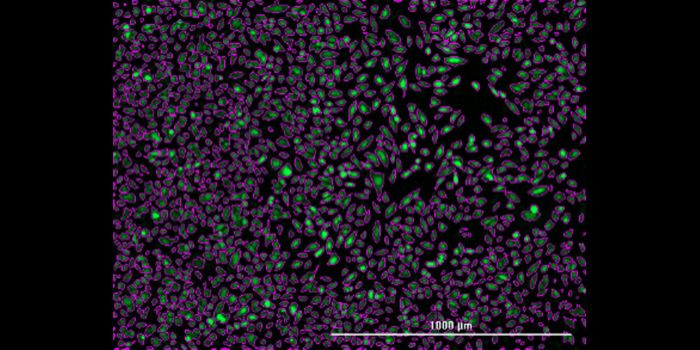High-fat, High-carb Diet can Cause Osteoarthritis
Osteoarthritis is a common condition that affects over 3 million people per year in the United States alone. It is a disorder that comes along with injuries, wear and tear, or degeneration in the joints. It causes swelling, stiffness and pain, and can be caused by a variety of factors. Researchers have now found that saturated fat may be a cause, and not because of weight gain, but because it changes the composition of cartilage, a critical part of joints. They saw the this problem was worst in the hip and knee.
The work was published in Scientific Reports and was performed by the team of Professor Yin Xiao, at Queensland University of Technology’s Institute of Health and Biomedical Innovation in collaboration with Professor Lindsay Brown and his colleagues at the University of Southern Queensland. The researchers believe this work is one of the first to study the link between osteoarthritis and fatty acids that are commonly found in the diet. Some examples of those foods are butter, palm oil, coconut oil, animal fats and carbohydrates. Basically, the researchers are looking at what junk food consumption can do to the body.
There, they found that the fatty acids themselves are causing disease. "Our findings suggest that it's not wear and tear but diet that has a lot to do with the onset of osteoarthritis," Xiao explained.
“The main function of cartilage is to seal the bone ends in a joint and absorb pressure on the bones during weight-bearing movement such as walking. We found that a diet containing simple carbohydrates together with 20 per cent saturated fats produced osteoarthritic-like changes in the knee.
Related: Work Shows Stem Cells Can Reduce Osteoarthritis Knee Pain
"Saturated fatty acid deposits in the cartilage change its metabolism and weaken the cartilage, making it more prone to damage. This would, in turn, lead to osteoarthritic pain from the loss of the cushioning effect of cartilage,” Xiao continued. “We also found changes in the bone under the cartilage on a diet rich in saturated fat."
One member of the research team, doctoral student Sunder Sekar, commented on the testing of a saturated fatty acid that’s in coconut oil, lauric acid. "Interestingly, when we replaced the meat fat in the diet with lauric acid we found decreased signs of cartilage deterioration and metabolic syndrome so it seems to have a protective effect," Sekar said.
These fatty acids might cause tissue inflammation in the entire "joint environment,” Sekar explained. "We tested a variety of saturated fats and found that long term use of animal fat, butter, and palm oil could weaken the cartilage. Replacement of traditional diets containing coconut-derived lauric acid with palm oil-derived palmitic acid or animal fat-derived stearic acid has the potential to worsen the development of both metabolic syndrome and osteoarthritis."
Previous work by Xiao's team has demonstrated how antioxidants and anti-cholesterol drugs could slow the joint degeneration that is caused by fatty acids.
Sources: AAAS/Eurekalert! via QUT, Arthritis Foundation, Scientific Reports








